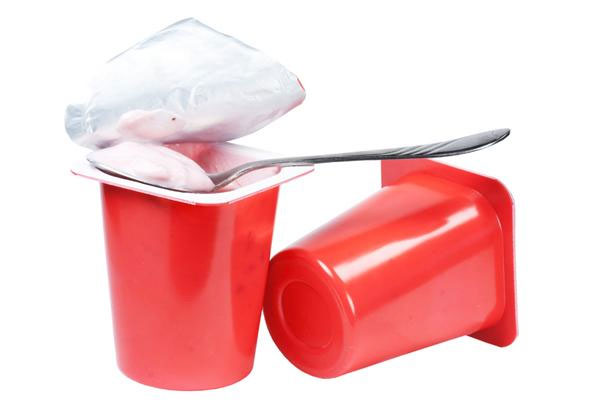Are Probiotics Safe?

Question: Are probiotics safe?
Answer: There is debate over the precise definition of probiotics. The United Nations Food and Agricultural Organization and the World Health Organization call probiotics "live microorganisms, which, when administered in adequate amounts, confer a health benefit on the host."
Microorganisms or microbes are living organisms that can be seen only under a microscope. Microbes are everywhere; the human body contains billions of them.
Some microbes cause disease. Others are essential for health. Most microbes belong to one of four major groups: bacteria, viruses, fungi or protozoa.
Less than one percent of bacteria cause diseases in humans. Harmless bacteria live in human intestines, where they help to digest food.
Viruses contain the virus's genes surrounded by a protein coat. Most viruses cause disease.
There are millions of types of fungi, which are primitive vegetables. Some live in the human body, usually without causing illness.
Get the world’s most fascinating discoveries delivered straight to your inbox.
Protozoa are single-cell animals. In humans, protozoa usually cause disease.
Probiotics is a term that refers to foods or supplements that contain beneficial bacteria that can help with digestion and defend against dangerous bacteria. The bacteria in probiotics are similar to those normally found in your body.
Probiotics are in foods such as yogurt and other dairy products, miso (soybean paste), tempeh (soybean cake) and some juices and soy drinks.
There are probiotics that have been used for centuries. These include fermented foods and cultured milk products. Interest in probiotics in general has been growing. In the U.S. alone, spending on probiotic supplements nearly tripled from 1994 to 2003.
Are probiotics safe?
Some live microbes have a long history of safe use as probiotics. However, the safety of probiotics has not been thoroughly studied scientifically. More information is needed on the safety of use in older people, young children, and people with compromised immune systems. Seniors should consult their physicians before beginning any new therapy.
The U.S. Food and Drug Administration does not strictly regulate herbs and supplements. There is no guarantee of strength, purity or safety of products. So buyer beware.
There is increasing scientific interest in probiotics. Some researchers believe probiotics may improve general health.
There is evidence that probiotics may help treat diarrhea, vaginal yeast infections, irritable bowel syndrome and inflammation following colon surgery.There is also data to support the benefits of probiotics in reducing bladder-cancer recurrence, shortening the duration of intestinal infections and preventing eczema.
Probiotics are helpful in combating C. difficile (nicknamed C. diff), a common and potentially fatal infection in hospitals.
C. diff bacteria are omnipresent, but they don't pose a threat unless they multiply abnormally in the intestines.This can happen when you take antibiotics.
Antibiotics often destroy beneficial bacteria while trying to kill off the ones that are making you sick. If you don't have enough good bacteria in your body, C. diff can proliferate.
Saccharomyces boulardii, a probiotic, is helpful in treating C. diff infections. Saccharomyces boulardii is a natural yeast, a fungus.
If you would like to read more columns, you can order a copy of How to be a Healthy Geezer at www.healthygeezer.com
All rights reserved


